How much compost?
mailman22
16 years ago
Related Stories

GARDENING GUIDESGet on a Composting Kick (Hello, Free Fertilizer!)
Quit shelling out for pricey substitutes that aren’t even as good. Here’s how to give your soil the best while lightening your trash load
Full Story
GARDENING GUIDESHouzz TV: Make a Worm Bin for Rich Soil and Happy Plants
A worm-powered compost bin that can fit under a sink turns food scraps into a powerful amendment for your garden. Here’s how to make one
Full Story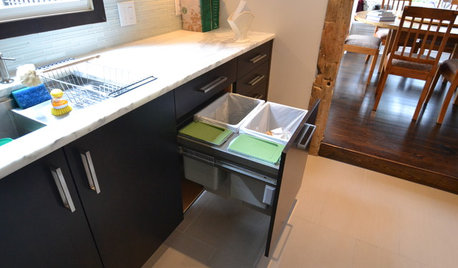
SHOP HOUZZShop Houzz: 4 Ways to Show You Really Love Our Planet
Compost, recycle and save water and energy with these earth-loving picks
Full Story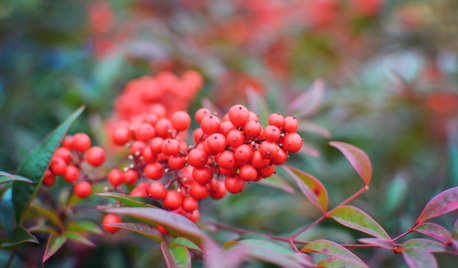
GARDENING GUIDESMid-Atlantic Gardener's January Checklist
Scatter berries while ye may, be kind to your fair-feathered friends and try a time-saving compost trick that will keep you out of the cold
Full Story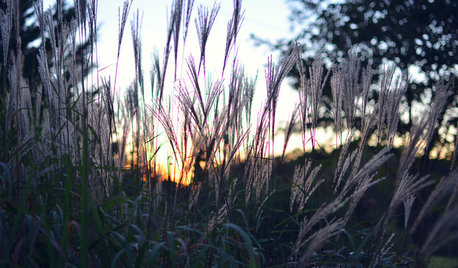
GARDENING GUIDESMid-Atlantic Gardener's November Checklist
Winding down for winter means prepping, potting, piling and picking an indoor solution for daily compost
Full Story0
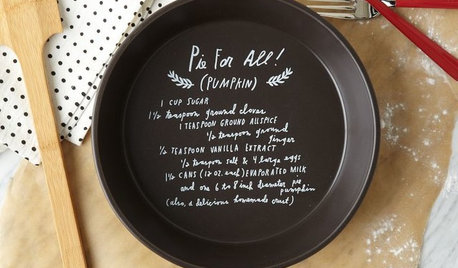
PRODUCT PICKSGuest Picks: Fall Entertaining Favorites
Make autumn feasts a piece of cake with chic compostable plates, pretty glasses, pie accessories and more
Full Story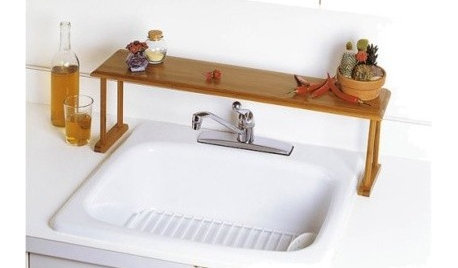
KITCHEN DESIGNGuest Picks: Organizing Your Kitchen for the New Year
Resolve to find a place for plastic bags, compost and piles of dishes to declutter your kitchen
Full Story
FALL GARDENING5 Ways to Put Fall Leaves to Work in Your Garden
Improve your soil and yard the organic way with a valuable garden booster that grows on trees
Full Story
GARDENING GUIDESGardening Solutions for Heavy Clay Soils
What’s a gardener to do with soil that’s easily compacted and has poor drainage? Find out here
Full Story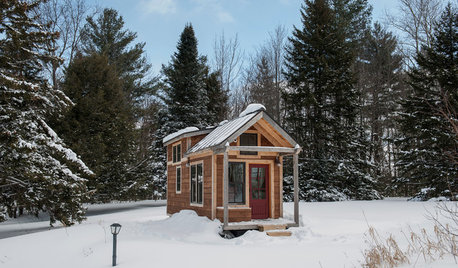
TINY HOUSESHouzz Tour: A Custom-Made Tiny House for Skiing and Hiking
Ethan Waldman quit his job, left his large house and spent $42,000 to build a 200-square-foot home that costs him $100 a month to live in
Full Story








jbest123
mailman22Original Author
Related Professionals
Carlisle Landscape Architects & Landscape Designers · New Bedford Landscape Architects & Landscape Designers · Ferndale Landscape Architects & Landscape Designers · Leawood Landscape Architects & Landscape Designers · North New Hyde Park Landscape Architects & Landscape Designers · Prairie Ridge Landscape Architects & Landscape Designers · Brookline Landscape Contractors · Fort Worth Landscape Contractors · Round Lake Landscape Contractors · Tewksbury Landscape Contractors · Wanaque Landscape Contractors · Sun Valley Landscape Contractors · Raytown Landscape Contractors · Parlier Decks, Patios & Outdoor Enclosures · West Chicago Decks, Patios & Outdoor Enclosurescowgirl2
marshallz10
fertilizersalesman
Lloyd
mailman22Original Author
jbest123
marshallz10
cowgirl2
Lloyd
marshallz10
mailman22Original Author
Kimmsr
jbest123
marshallz10
mailman22Original Author
jbest123
richdelmo
jbest123
marshallz10
Kimmsr
annpat
mailman22Original Author
flatlander
annpat
nygardener
flowerfloosey
annpat